The World Economic Forum defines the main purpose of a sanction as "to punish the sanctioned country economically and, as a consequence, to change its behaviour". When the energy sanctions were introduced, the European Commission may have had a similar intention - to speed up the conclusion of the war by reducing Russia's revenues.
In reality, the opposite was the case. Moscow has made EUR 158 billion, half of which has been paid for by Europe, in large part because of the surge in energy prices caused by the Brussels sanctions. Gazprom, the Russian state gas company, managed to double its revenues in the first half of 2022 despite a more than 40 per cent cut in gas supplies. Contrary to expectations, Brussels sanctions are now strangling the European economy.
Natural gas and electricity prices, which have doubled and tripled in the last six months, have already brought 70 per cent of European fertiliser production and 50 per cent of aluminium production to a halt. A recent survey by the German Industry Association shows that 90 per cent of businesses see energy prices as a financial challenge. Inflation has soared to 15-20 per cent, and citizens are facing high utility bills. It is therefore clear that Brussels' sanctions have backfired and, instead of Russia, are taking Europe into an immediate crisis.
In addition to the economic problems, there are also moral problems with sanctions that are unconditionally welcomed and supported by the left. When they were introduced, the bureaucrats did not promise what they ended up delivering; that is, they deceived the European people. In the Versailles Declaration adopted in March, the EU Heads of State and Government did not give the European Commission the mandate to impose sanctions on the energy sector.
Yet Brussels went down this route and either did not talk at all about the impact of its measures on the European economy or presented them as temporary and minor. For months, it did not come up with any proposals to alleviate the crisis. Even now, the Brussels bureaucrats refuse to acknowledge the disastrous consequences of their decisions and those who speak out are lectured and threatened. The President of the European Commission, Ursula von der Leyen, has advised factories suffering from high energy prices to move their shifts to dawn, while citizens facing brutal utility bills were told to send them to Moscow.
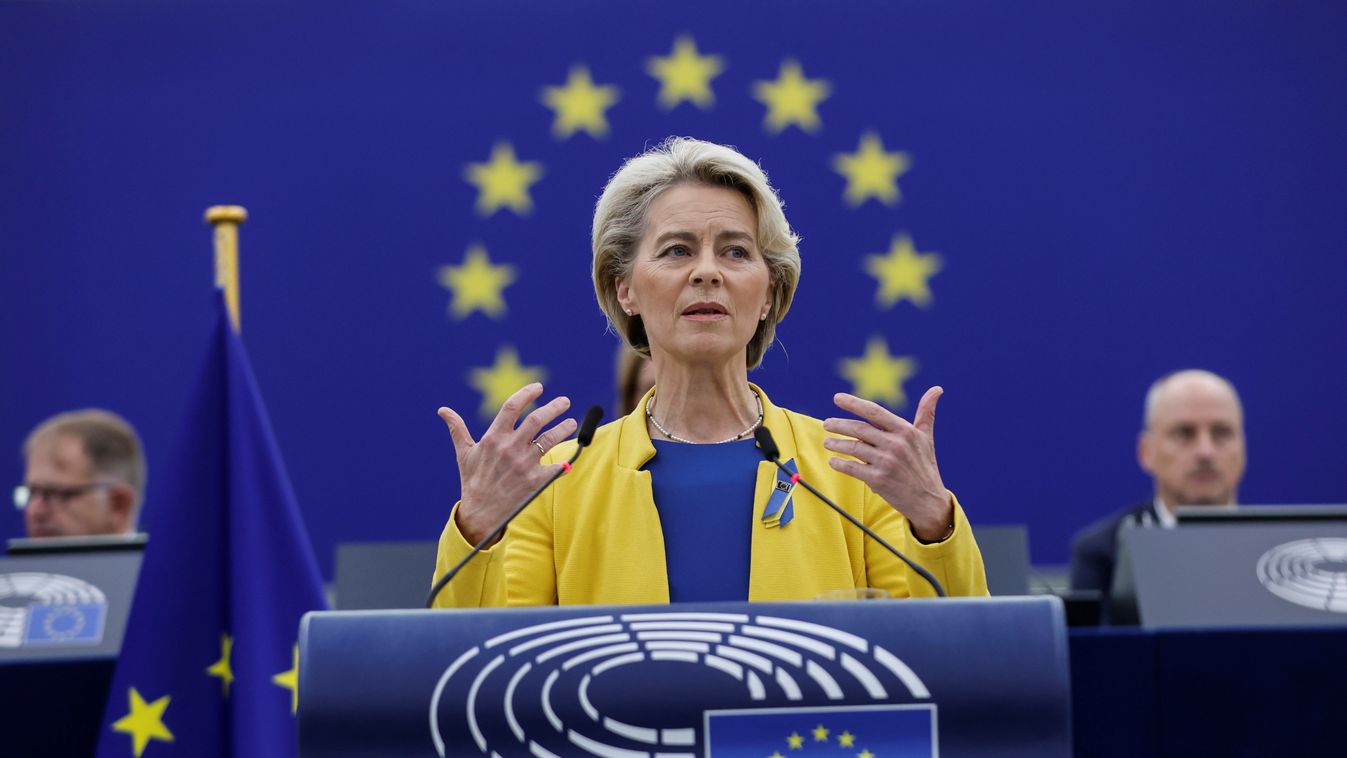
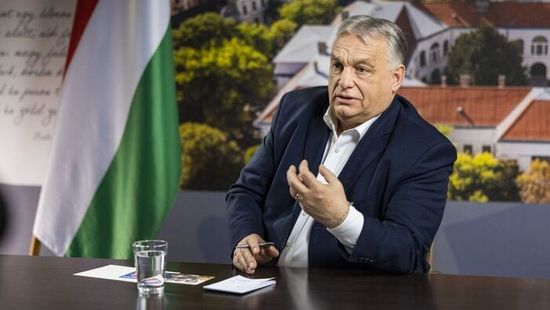





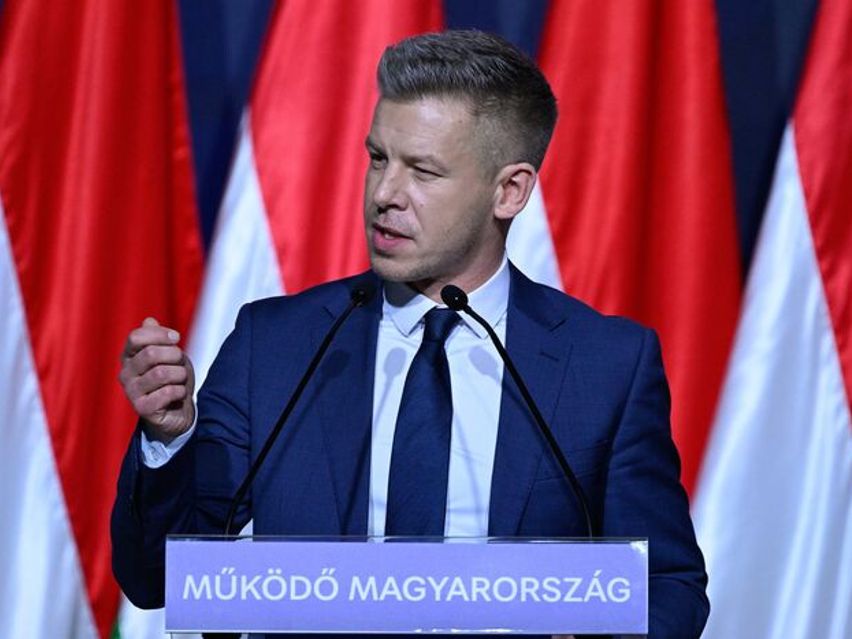



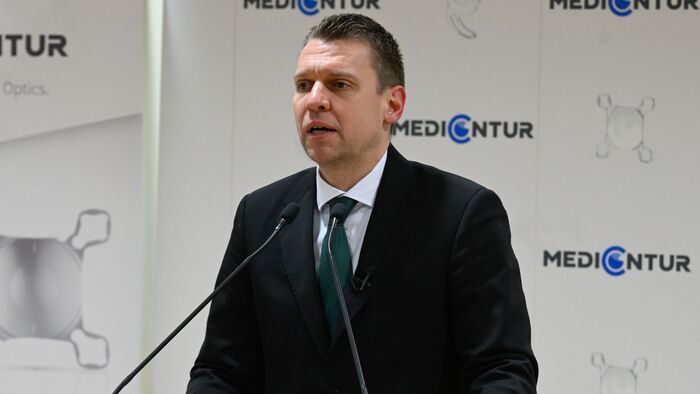
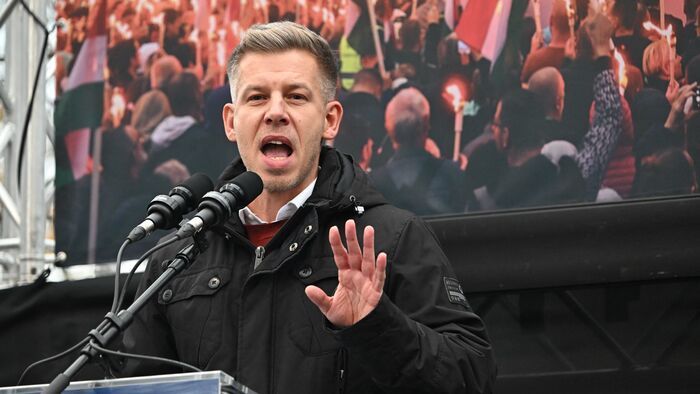


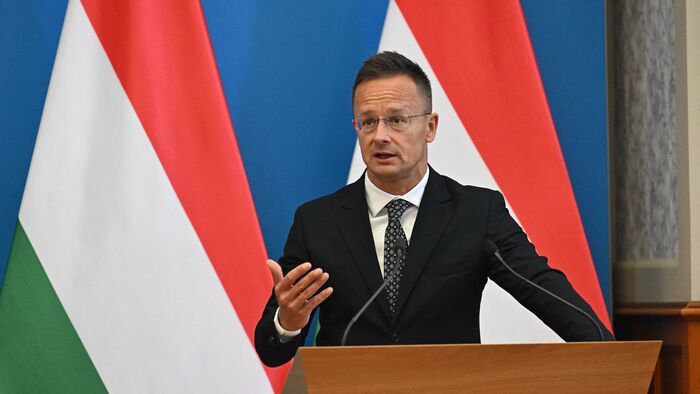
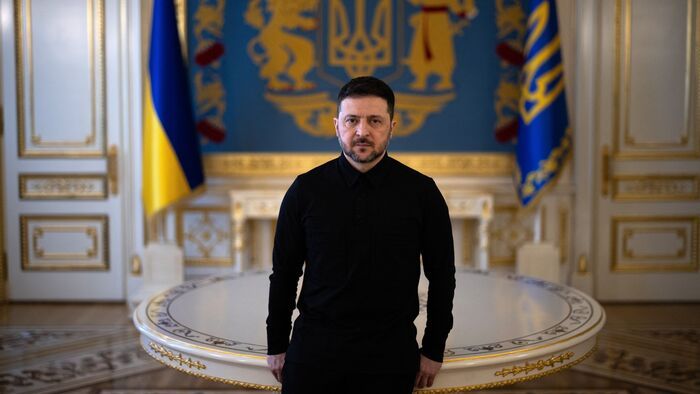
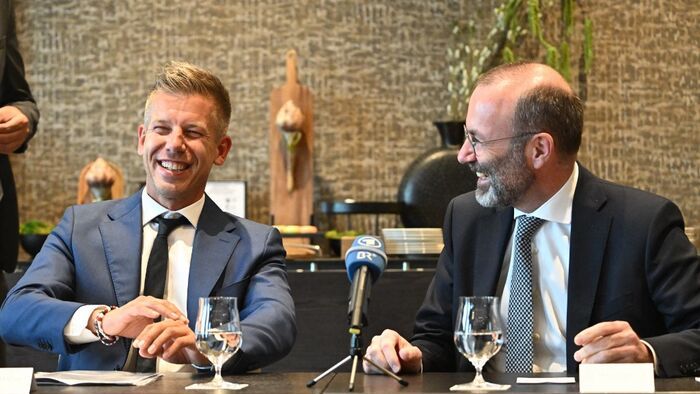

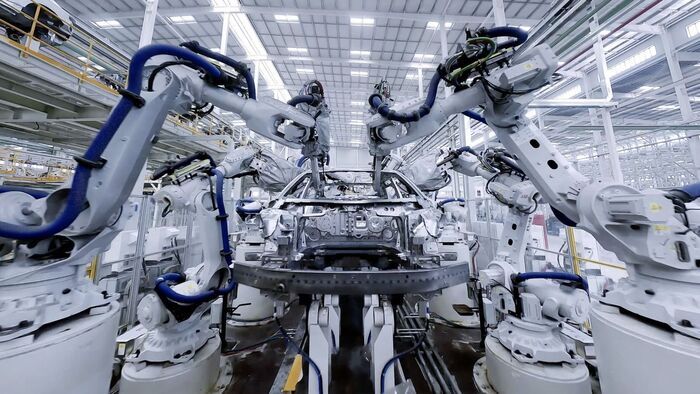

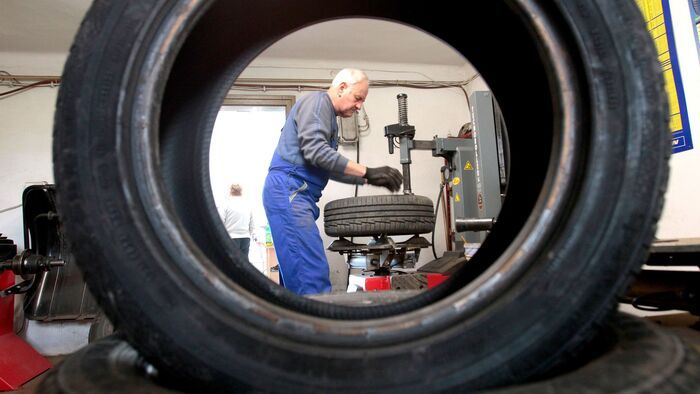

Szóljon hozzá!
Jelenleg csak a hozzászólások egy kis részét látja. Hozzászóláshoz és a további kommentek megtekintéséhez lépjen be, vagy regisztráljon!